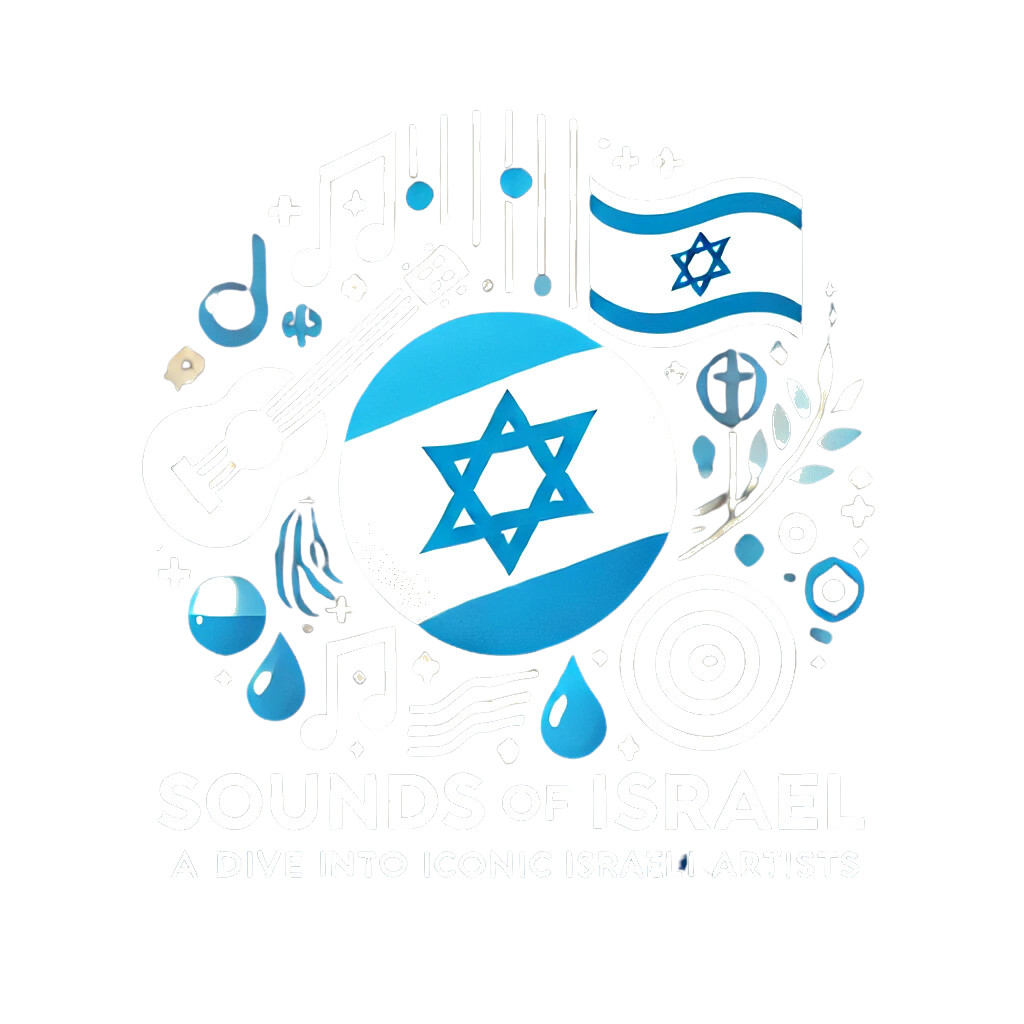The Birth of Israeli Pop in the 1970s
In the early 1970s, Israeli pop music began to take shape, heavily influenced by Western rock and folk. At the forefront were artists like Arik Einstein, whose songs blended Hebrew lyrics with modern, international music styles. His collaboration with Shalom Hanoch on albums like Shablul was a major turning point, introducing Israeli audiences to new genres. Einstein’s hit Ani VeAta became an anthem of unity and change, reflecting the optimism and challenges of the period.
The Rise of Star Power in the 1980s
The 1980s brought a new era of Israeli pop, as artists like Ofra Haza and Yehudit Ravitz dominated the charts. Haza’s fusion of traditional Yemenite music with modern pop made her a global sensation. Her song Im Nin’Alu gained international recognition and was even remixed by global DJs. Ravitz, meanwhile, became a symbol of the new wave of Israeli pop, combining rock and jazz elements into her music.
In this decade, pop music in Israel became more polished, with producers and arrangers playing a key role in the creation of hit songs. Artists like Rita also emerged, captivating Israeli audiences with her powerful voice and emotional performances.
The 1990s: Pop and Mizrahi Fusion
The 1990s witnessed a significant shift in Israeli pop as Mizrahi music (Middle Eastern and North African influences) began to enter the mainstream. Artists like Sarit Hadad and Eyal Golan successfully blended traditional Mizrahi sounds with pop, creating chart-topping hits. Hadad’s Ze Lo Kal became an anthem for many, and her powerful voice and stage presence helped her become one of the top-selling female artists in Israel.
At the same time, Shlomo Artzi continued to push Israeli pop into new directions, offering introspective lyrics with broad appeal. His live performances became legendary, attracting fans of all ages and making him one of the most enduring figures in Israeli music.
The 2000s: Technology and Globalization
With the turn of the millennium, Israeli pop music experienced an infusion of new styles, thanks to the internet and globalization. Artists like Ivri Lider embraced electronic pop, while others, such as Idan Raichel, introduced world music elements into the pop genre. Raichel’s Idan Raichel Project brought together diverse musicians from across Israel, creating songs that fused African, Middle Eastern, and Western styles.
During this period, many Israeli artists began to collaborate with international musicians, helping Israeli pop gain recognition on a global scale. The 2000s also saw the rise of hip-hop and rap in Israeli pop, as artists experimented with new forms of expression.
The Modern Era: Global Success and Eurovision
In the last decade, Israeli pop has exploded onto the global stage, with artists like Netta Barzilai and Noa Kirel leading the charge. Netta’s Eurovision-winning song Toy in 2018 catapulted her to international fame, showcasing Israel’s ability to compete in the global pop arena. Her quirky style, combined with a message of empowerment, resonated with audiences worldwide.
At the same time, artists like Omer Adam have blended traditional and modern elements, creating catchy pop hits that dominate radio playlists in Israel and beyond. Adam’s song Tel Aviv became a summer anthem and reflected the evolving nature of Israeli pop, which continues to balance local flavors with international trends.
The Future of Israeli Pop
As Israeli pop continues to evolve, one thing remains clear: its ability to adapt and incorporate a variety of influences has made it one of the most dynamic music scenes in the world. The next generation of Israeli artists, led by stars like Eden Ben Zaken and Static and Ben El, are pushing boundaries even further, blending electronic, hip-hop, and Middle Eastern sounds into their music.
With platforms like YouTube and Spotify making music more accessible than ever, Israeli pop is poised to continue its rise on the global stage. Fans from around the world are discovering the rich diversity of Israeli music, ensuring its legacy for years to come.
Israeli pop music has come a long way since its early days in the 1970s. From the fusion of Western rock and Hebrew lyrics to the global success of artists like Netta and Omer Adam, the evolution of Israeli pop is a testament to the country’s vibrant and diverse music scene.
